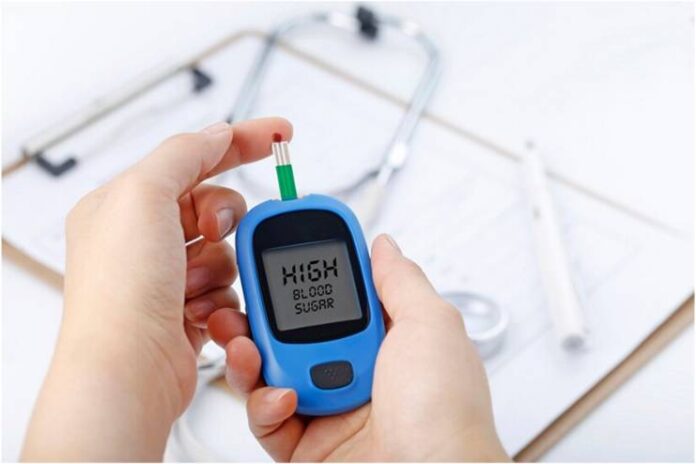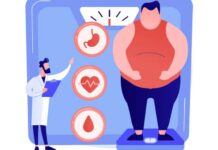Affiliate Disclaimer
Some links in this article are affiliate links. We may earn a small commission if you make a purchase through these links, at no extra cost to you. We only recommend products we find useful to our readersMuch like any other disease, type-2 diabetes comes with several myths surrounding it. While some leading diabetes associations characterize this disease as a chronic, progressive condition, Canadian nephrologist Dr. Jason Fung has clarified that it is, in fact, reversible.
In one of his YouTube videos with Diet Doctor, Dr. Fung explains that there are several misconceptions about type-2 diabetes. People either have very little knowledge of it or hold various misconceptions.
One of the most common misconceptions in medical science is treating the symptoms of type-2 diabetes rather than the disease itself. This is where many problems arise.
Dr. Fung uses an analogy to explain the situation, noting that it’s common sense that an alcoholic wouldn’t be treated by giving them more alcohol. Similarly, in diabetes, the medications and insulin prescribed to patients often make the situation worse.
Injected insulin may help keep blood sugar levels down in the short term, but it does not treat the underlying disease, which is insulin resistance.

Type-2 diabetics have high insulin resistance, so increasing insulin levels may worsen the condition in the long run. For example, 10 years after being diagnosed with diabetes, your test results might suggest that you have healthy blood sugar levels, but you may be taking 3-4 medications and injecting insulin to achieve that. Is it really effective?
This is where the problem lies. The symptom of the disease is controlled, but the disease itself often worsens. This is the most common form of treatment administered today.
Insulin Resistance and Type-2 Diabetes
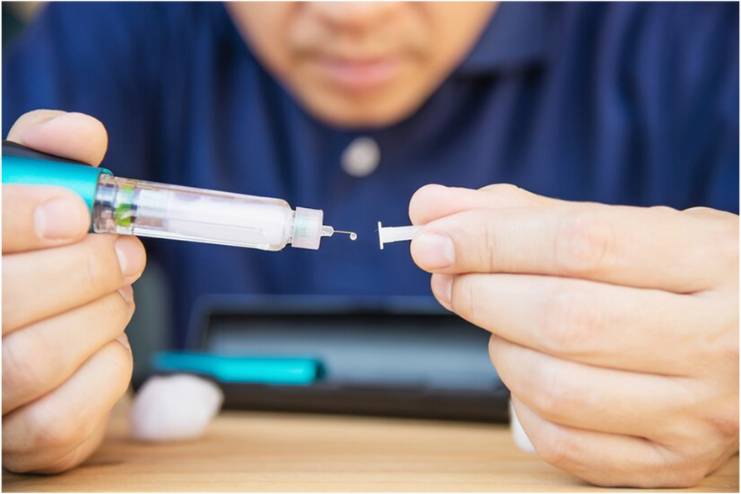
Insulin resistance is one of the root causes of diabetes. The high levels of blood sugar in the body are a symptom, not the disease itself.
For those unaware, insulin resistance is a condition where the body produces excess insulin that the cells cannot utilize effectively, leading to elevated insulin levels in the body. If the cells aren’t able to use the insulin properly, it results in high blood sugar levels.
Doctors typically treat high blood sugar by prescribing medication or, in severe cases, insulin injections.
According to statistics (R), 1 in 2 Americans suffers from pre-diabetes or high insulin resistance.
How Does Insulin Resistance Become Diabetes?
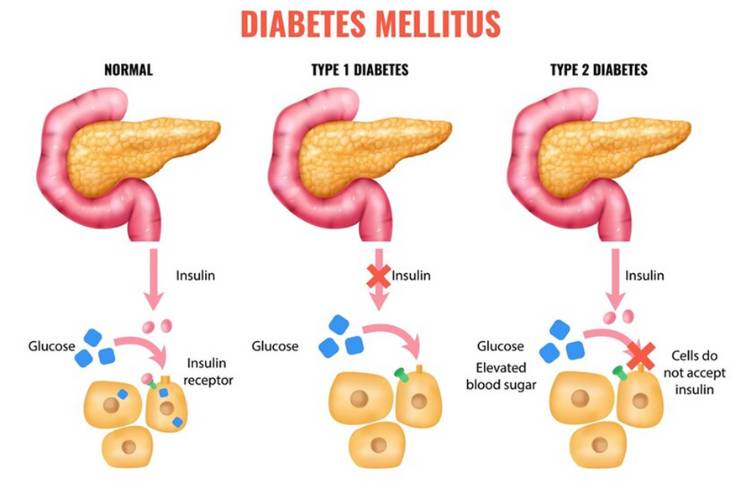
One of the most common questions people have is how insulin resistance progresses into diabetes.
In pre-diabetics, the pancreas works extremely hard to produce excess insulin to cope with the body’s insulin resistance, helping manage blood sugar levels. However, the constant overworking of the pancreas eventually reduces its functionality, making it difficult to release insulin, leading to type-2 diabetes.
What Should a Diabetic Do to Overcome These Challenges?

As mentioned earlier, Dr. Fung reports that diabetes is not a chronic, progressive disease but a reversible one. The key is taking precautions and making necessary lifestyle changes.
If diabetics do not make changes to their eating habits and lifestyle, the condition will worsen. While medication can help keep the situation under control, it is the lifestyle changes that make all the difference in the long run.
According to Dr. Fung, there are a few effective ways to overcome these challenges:
Cutting Out Excess Sugars
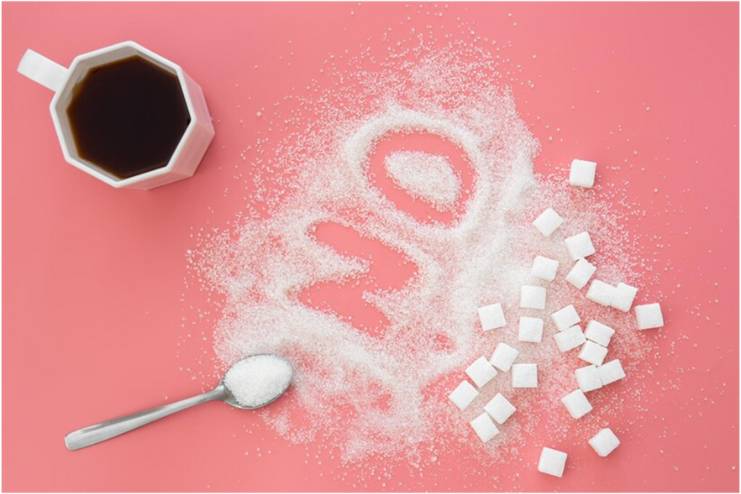
Refined carbohydrates like sugar, pasta, and bread are detrimental to type-2 diabetes. These refined sugars break down into simpler sugars once consumed. Even adding exercise to your routine can effectively burn excess sugar in the body.
Fasting

As harsh as it may sound, fasting is one of the best ways to overcome type-2 diabetes. According to Dr. Fung, fasting is the most effective way to lower insulin levels naturally.
It’s a common misconception that consuming a low-carb diet can lower insulin levels. While it reduces blood sugar levels, it doesn’t necessarily affect blood insulin levels. Proteins and fats also contribute to insulin levels, although not as dramatically as carbohydrates.
Fasting forces the body to burn sugar first and then fat once sugar levels are reduced. This combination is exactly what any diabetic needs to recover and potentially reverse their condition.
Is Fasting Harmful?
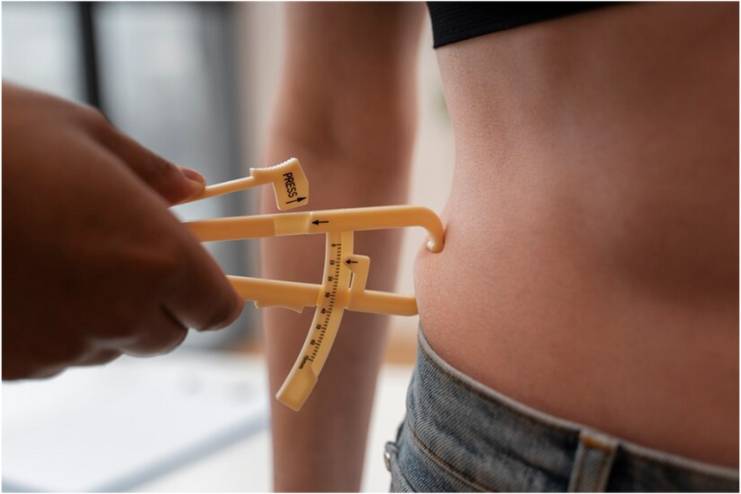
A lingering question people often have is whether fasting is harmful. Several studies (R) on fasting have shown that the body actually has more energy during fasting than many believe. During fasting, several interconnected changes occur in the body.
Growth hormone levels increase, helping to preserve muscle mass when food intake is reduced. Adrenaline levels also rise, providing more energy, which is fueled by fat stores.
So, during fasting, three things happen:
- You’re burning fat.
- You’re preserving muscles.
- You have elevated energy levels.
Dr. Fung believes this combination is the perfect treatment for type-2 diabetes.
Conclusion
Reversing type-2 diabetes is achievable through evidence-based lifestyle changes. According to Dr. Jason Fung, the traditional practice of managing symptoms through medicine has always led to a worsening cycle of health. Instead, addressing the root cause of insulin resistance offers a more effective pathway to recovery. Eliminating excess sugars and incorporating fasting would result in the extreme reduction of insulin levels and improve overall health. Such techniques will help you take control of your diabetes. Long-term success in the management of type-2 diabetes will further debunk myths around its inevitability.
-
May 2020Written by Somapika D
-
Nov 2024Edited by Lakshmi Gayatri
In this Article













